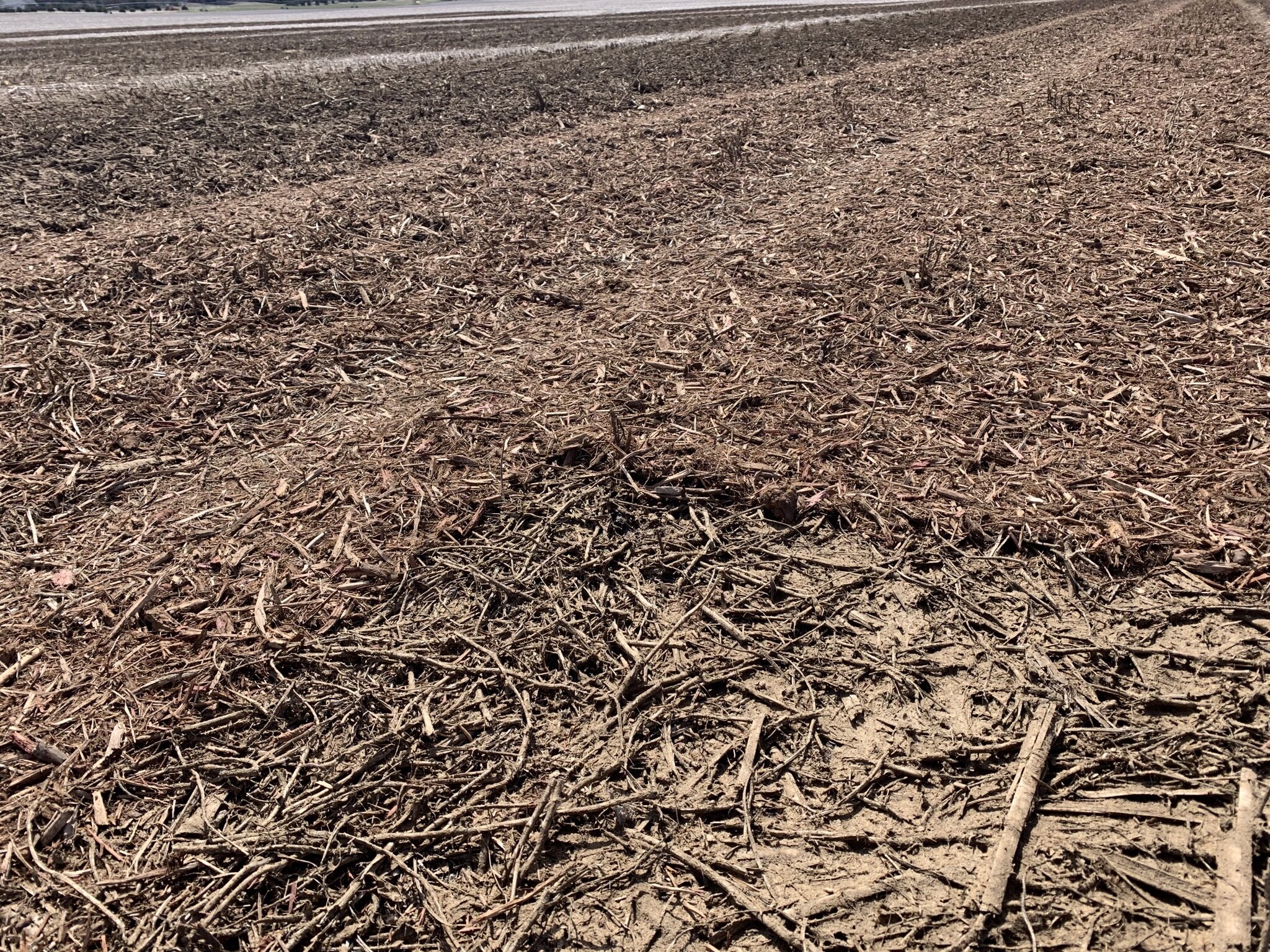Transforming manure and cedar mulch from "waste" to "worth"
/The University of Nebraska-Lincoln (UNL) has partnered with the Nebraska Environmental Trust (NET) to develop on-farm research sites to explore soil health on agricultural land. The grant was written to develop 6 research sites across the state, partnering with Nebraska’s Natural Resources Districts (NRDs) and local producers.
The demonstration sites will be utilizing manure and cedar mulch as soil amendments. The sites will further document agronomic, soil health, environmental and economic benefits of using the amendments.
Research students from UNL designed and coordinated the test plots and the application of the manure and woodchips, prior to spring planting.
Agustin Olivo is a UNL Graduate Research Assistant in biological systems engineering and is working with the project. Olivo said, “The goal is to improve soil properties while recycling locally available amendments such as livestock manure and woodchips from cedar trees. Cedar encroachment has become a large problem across Nebraska and this is one way to recycle the cleared trees, and off-set the cost by using the chips for mulch on Ag land.”
Olivo added, “When exploring the health of soil, we must look at the chemical, physical, and biological properties and determine if all the parts are performing well. These demo sites will allow us to further investigate the value and benefits of the nutrients applied as we work to improve the soil properties.”
The demonstrations will also engage local high school students in educational experiences as they address soil health and the implementation of on-farm research for evaluating proposed practice change. Within the Lower Elkhorn Natural Resources District (LENRD), the site is located just west of Pierce on land owned by Ted Krienke. Ag and FFA students from Pierce High School are participating in the demonstration.
Three different applications will be studied: a control plot of inorganic fertilizer, a plot with only cattle manure, and a plot of manure and wood chips. These plots were replicated four times, and will be studied for the next 2 years. Preliminary data will be shared later this year.
Partners for the project include Extension Educators, the Daugherty Water for Food Global Institute at UNL, the Nebraska Forest Service, the Natural Resources Conservation Service, the NRDs, the crop and livestock producers, and the local schools.
The project sites were funded in part through the NET grant, the Nebraska Department of Environment and Energy, and the Water for Food Institute.
Research students from UNL designed and coordinated the test plots and the application of the manure and woodchips, prior to spring planting.



